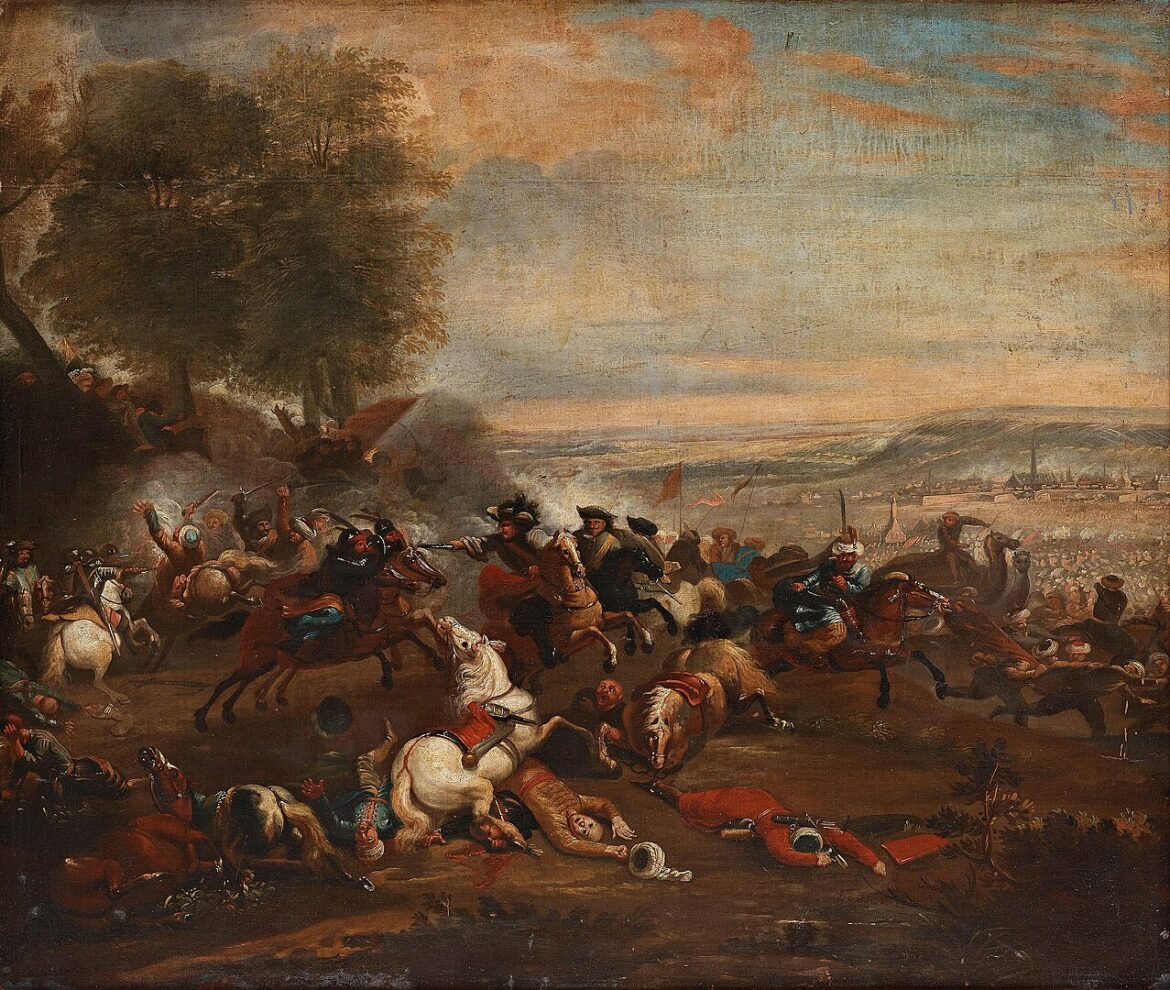On 15 March 1656, during the ongoing Swedish Deluge, the Battle of Jarosław took place, becoming one of the key clashes of the war.
The Polish-Lithuanian Commonwealth (a combined Polish-Lithuanian state) struggled against an invasion by Swedish forces led by King Charles X Gustav, who had begun his expansion into Poland in 1655. The initial successes of the Swedes, resulting from the weakening of Poland after numerous conflicts and a political crisis, soon turned into resistance that began to develop facing the brutality of the invaders.
Confronted with the growing strength of Polish resistance, in the early spring of 1656, Charles Gustav attempted to destroy the Polish forces gathering at Lwów. However, realising that more than 20,000 Polish troops were amassing, the Swedish monarch decided to retreat towards the San, being harassed by Polish partisans and cavalry.
At Jarosław, the Swedes were initially successful, occupying the town after defeating Lubomirski’s troops. However, unexpectedly for them, forces commanded by Stefan Czarniecki entered the scene and, despite his earlier defeat at Gołębie, surprised the Swedes with his presence and tactics. Taking advantage of the surprise and knowing the terrain perfectly, Czarniecki inflicted painful losses on the Swedes, and his swift and decisive actions led to a change in the strategic situation.
Both the attack on the Swedish advance guard and the skilful withdrawal when confronted with overwhelming enemy forces testify to Czarniecki’s mastery of offensive operations and use of guerrilla tactics. The effect of those actions was not only to inflict losses on the enemy, but also to draw into the Polish forces some of the quarter army that had hitherto supported the Swedes.
Ultimately, the Battle of Jarosław had far-reaching consequences for the further course of the conflict. Significant losses and a change in the ratio of forces prompted Karol Gustav to retreat, and his army, pursued by combined Crown and Lithuanian forces, found itself in a strategically disadvantageous position between the San and Vistula rivers.





